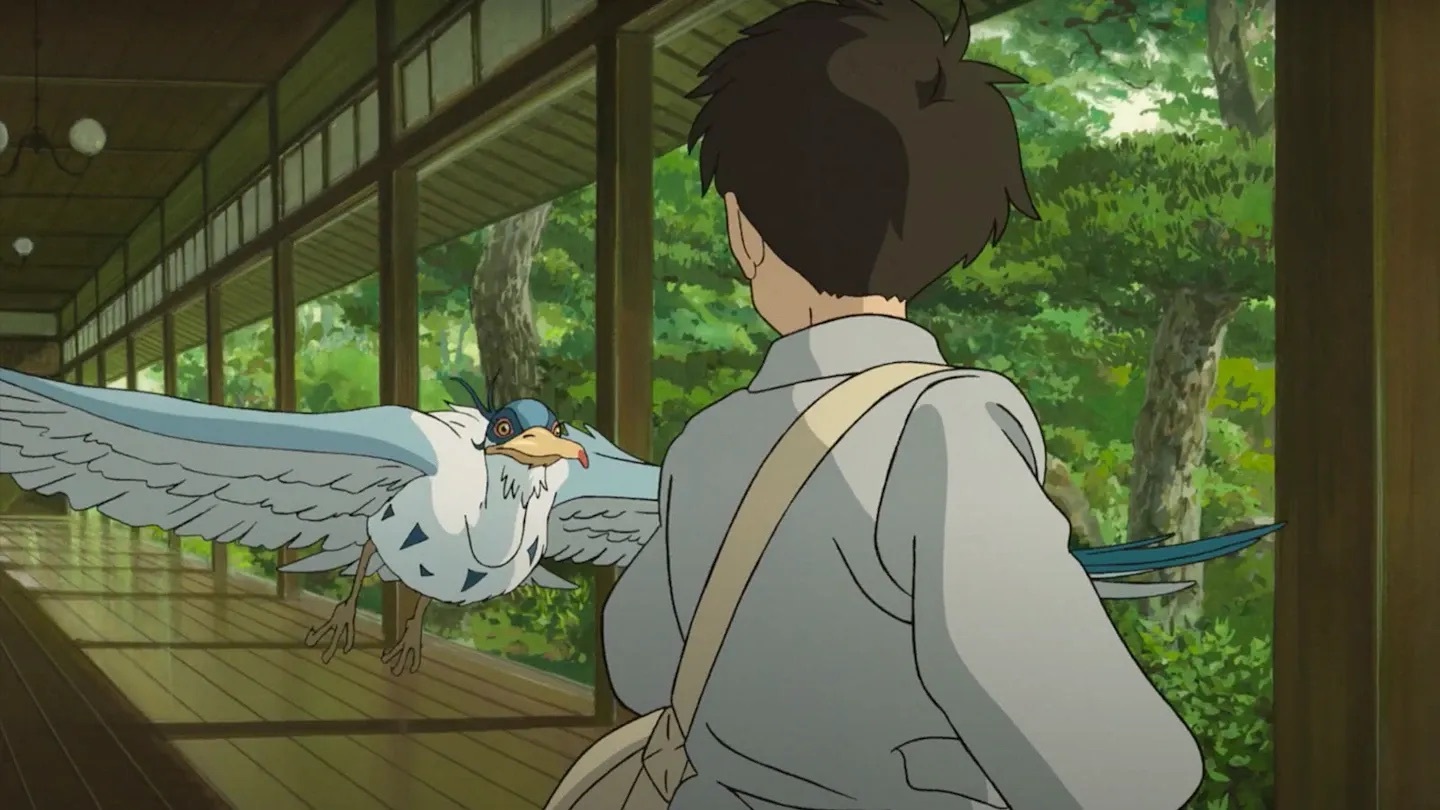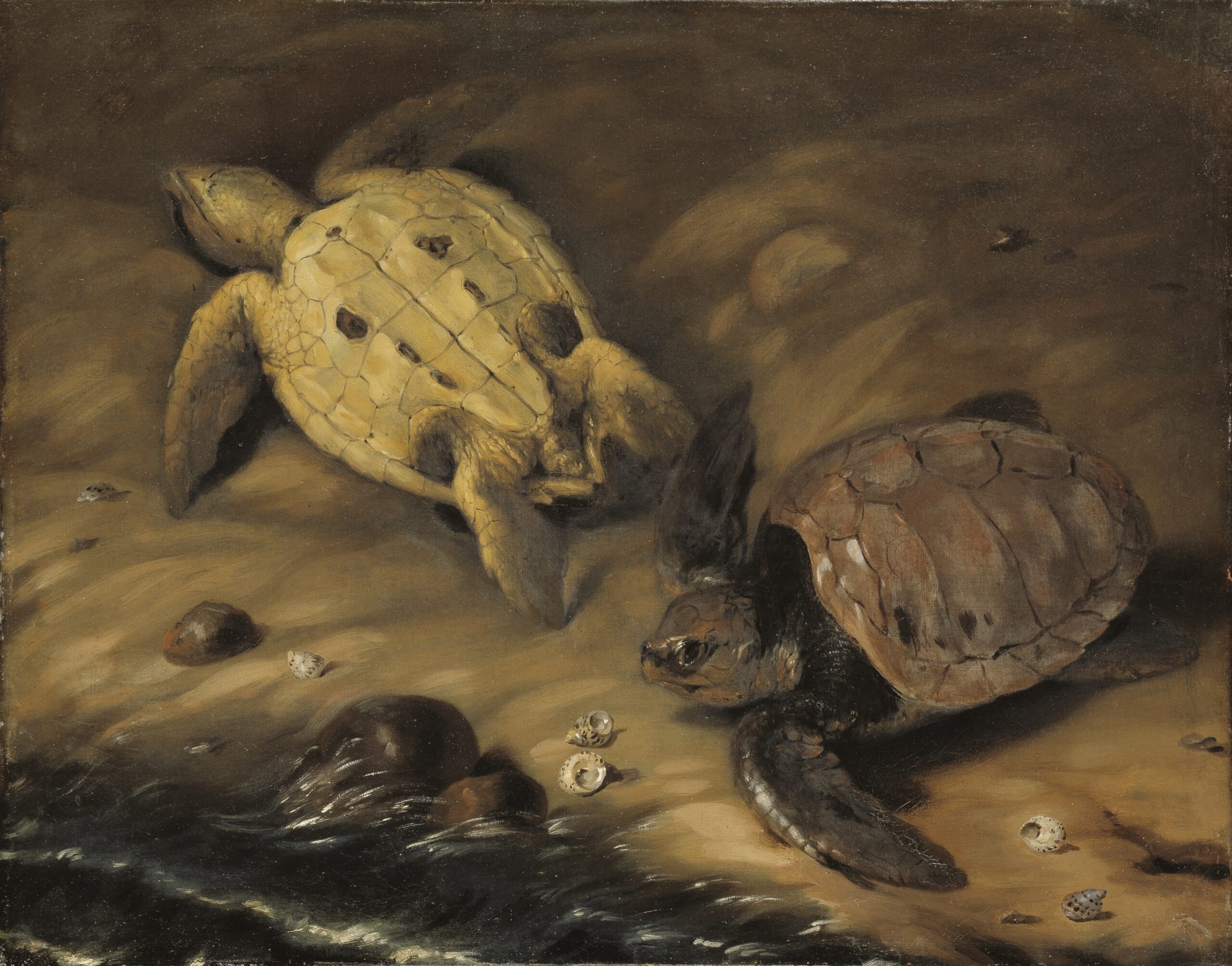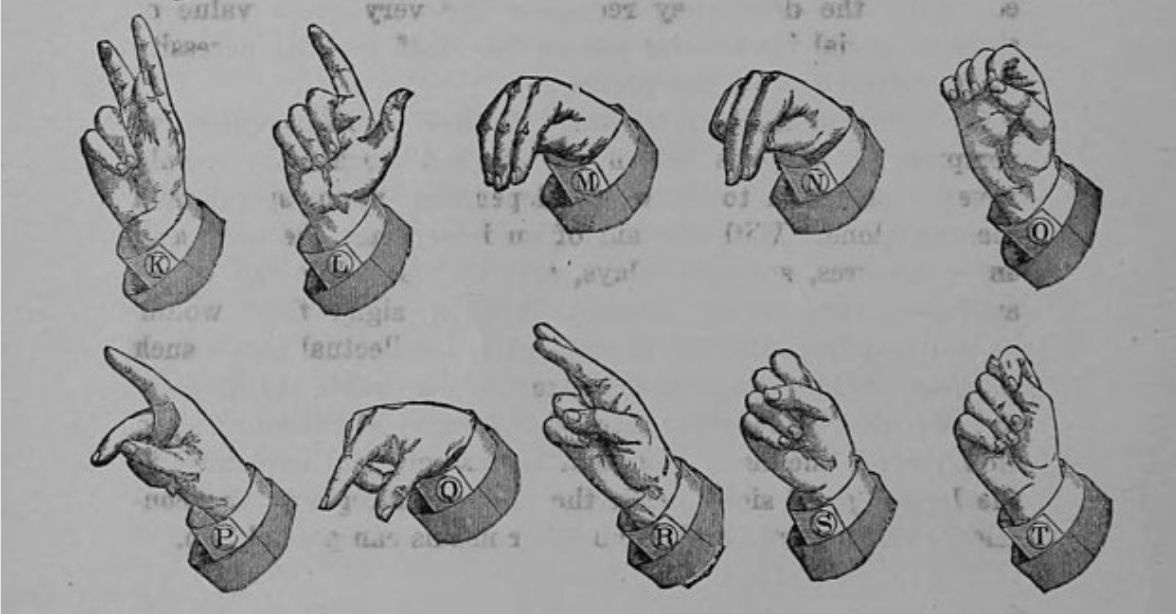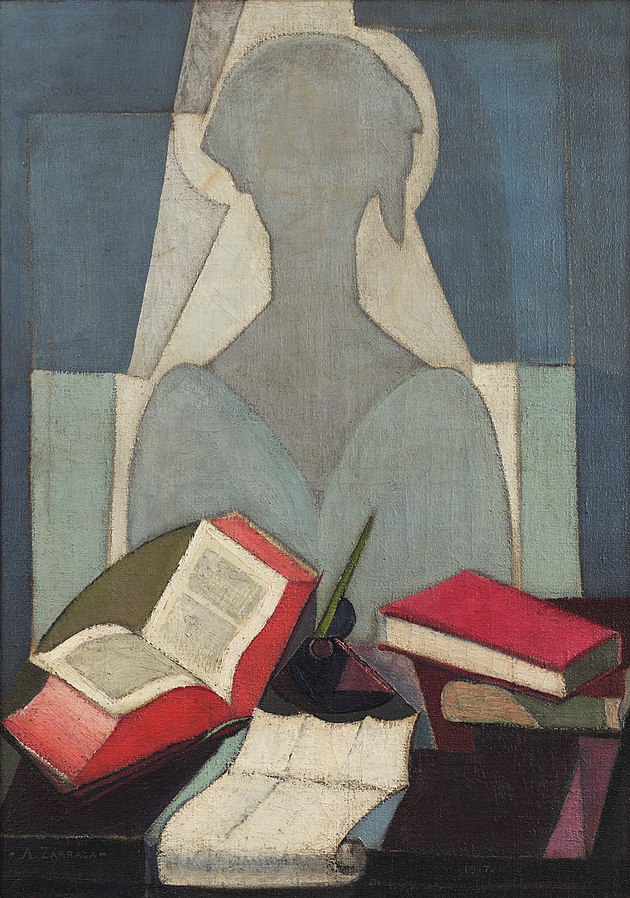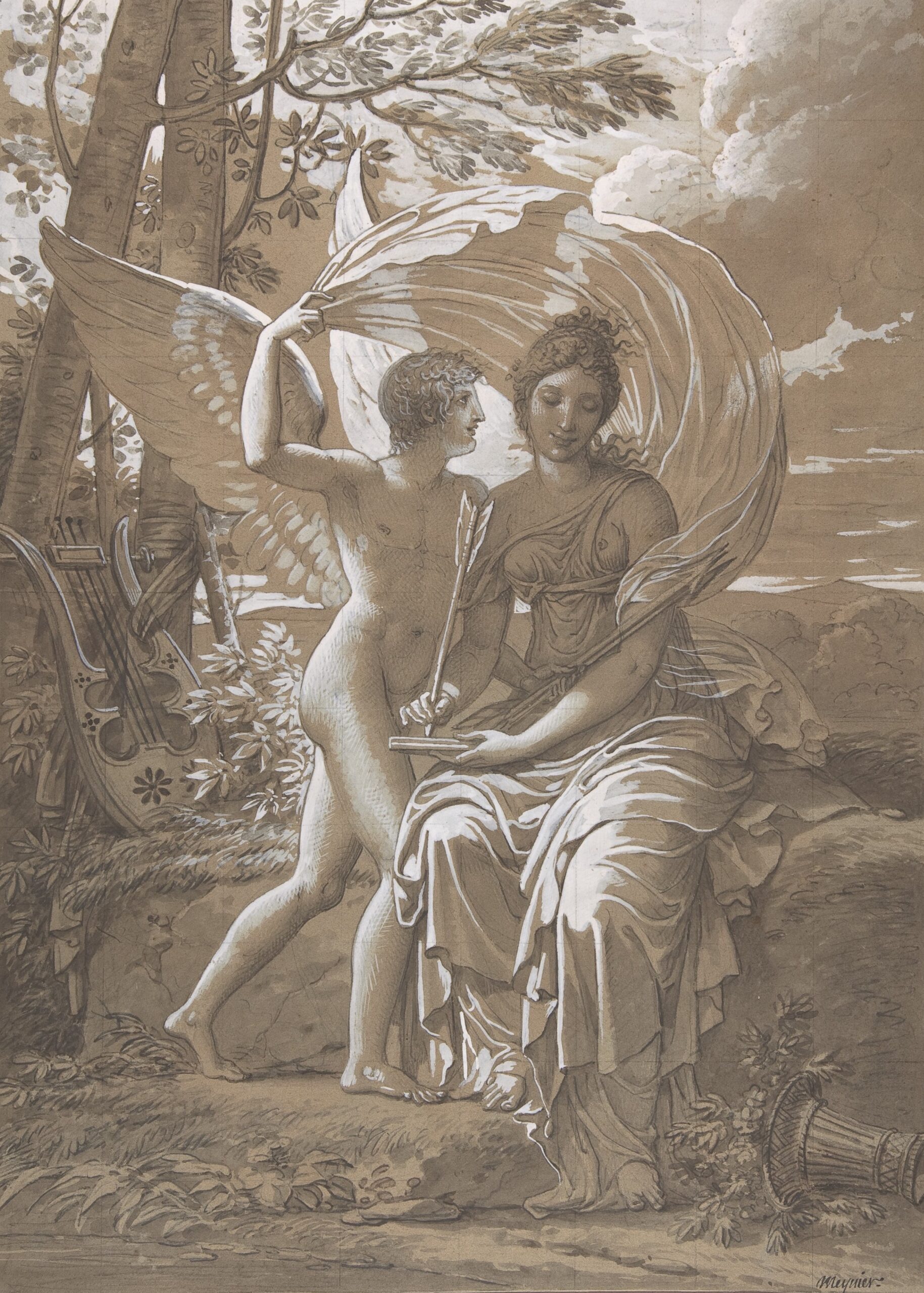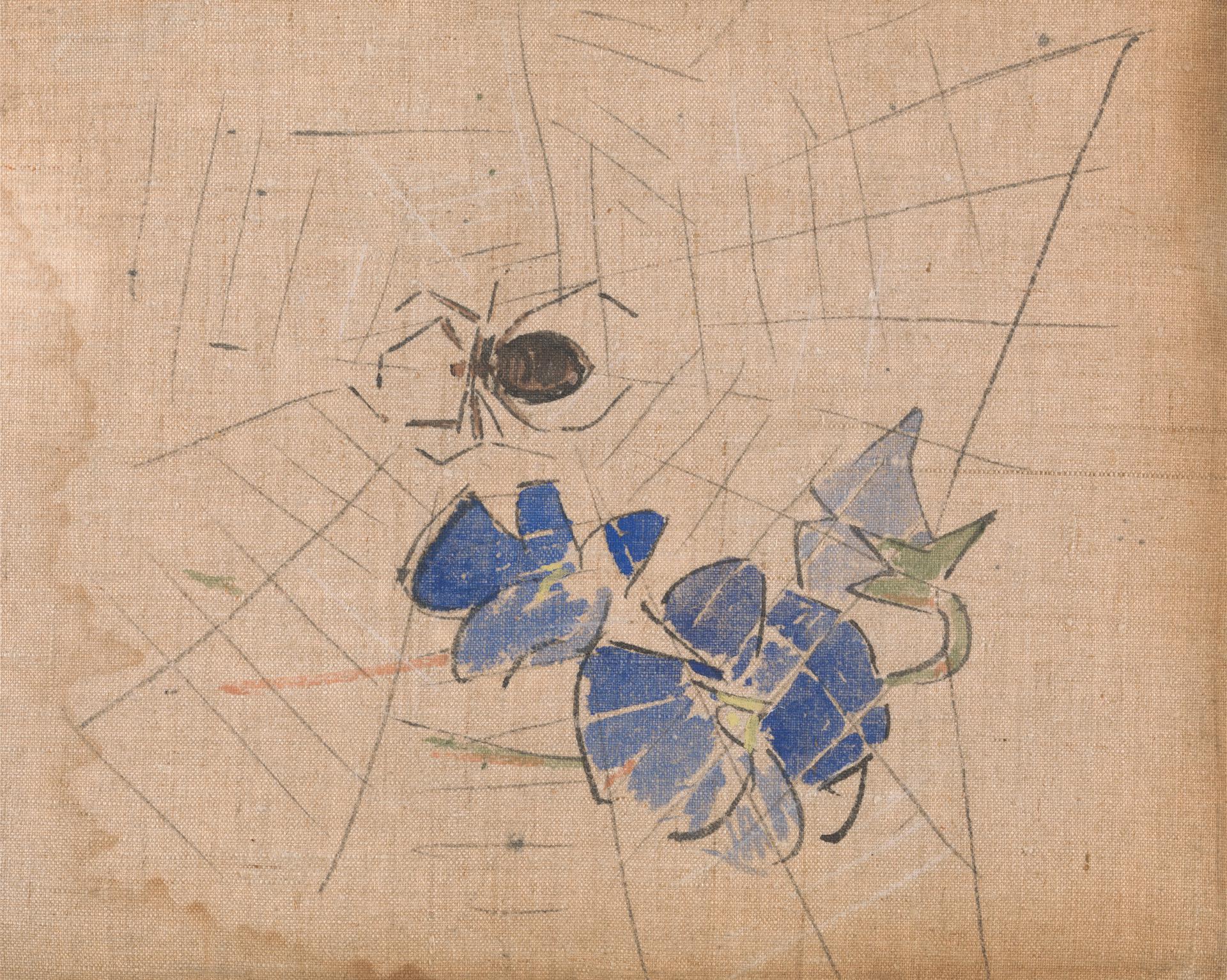
I fell in love with Diana Athill in the bath, which is unusual for me because I’m more of a shower person. It was a Friday morning, a cold bright winter day. I had gone into the city for my classes, but I was coming down with a bad cold and I decided to go back home early. I remember waiting for the bus in the sharply lit terminal, sniveling, my brain increasingly numb. By the time my commute was over I felt worse, but now at least I was at home, alone. I was glad I’d decided to miss my last class of the week: a sleep-inducing lecture on critical theory. I’d stolen an afternoon to rest and get better, and read something that wasn’t for school.

 This was in 2009, around the time Athill was reaching new heights of popularity with her memoir about aging, Somewhere Towards the End, which won the Costa Prize and the National Books Critics Circle Award for Autobiography. I’d picked up her previous book Yesterday Morning at a used book sale at my university a couple of months earlier. I ran a bath, lowered myself into the hot water, and began to read. I usually can’t stand more than about 10 minutes in the tub. The water is never quite the right temperature. At first I get too hot, then I feel clammy. It’s hard to find a comfortable position: my neck rests crookedly against the rim of the tub, my arms become tired of holding up the book. So then I have to hold it up with one hand and let the other arm rest in the water. When I switch hands every five minutes, I have to carefully dry the hand and forearm that were just in the water before they can hold up the book. I inevitably lose my patience and get the hell out of there. I don’t remember how much I read of Yesterday Morning that day in the tub, but I know that I’d never had such a long bath, and that I finished the book later that day.
This was in 2009, around the time Athill was reaching new heights of popularity with her memoir about aging, Somewhere Towards the End, which won the Costa Prize and the National Books Critics Circle Award for Autobiography. I’d picked up her previous book Yesterday Morning at a used book sale at my university a couple of months earlier. I ran a bath, lowered myself into the hot water, and began to read. I usually can’t stand more than about 10 minutes in the tub. The water is never quite the right temperature. At first I get too hot, then I feel clammy. It’s hard to find a comfortable position: my neck rests crookedly against the rim of the tub, my arms become tired of holding up the book. So then I have to hold it up with one hand and let the other arm rest in the water. When I switch hands every five minutes, I have to carefully dry the hand and forearm that were just in the water before they can hold up the book. I inevitably lose my patience and get the hell out of there. I don’t remember how much I read of Yesterday Morning that day in the tub, but I know that I’d never had such a long bath, and that I finished the book later that day.
Diana Athill’s writing is warm, straightforward, natural, enveloping. A blanketing comfort for a sore heart, a fuzzy head, or a worn out body. Yesterday Morning opens with a short introduction in which Athill talks — and I use this verb on purpose because when Athill writes it really is more as if she is simply talking to you –about her mother’s death at 96, when Athill herself was in her 70s. Then Athill dips into a longer middle section where she unravels memories of her childhood, spent largely in her grandparent’s estate in Norfolk. It’s a gloriously English, upper-class childhood, full of berry picking, game hunting, and horseback riding. Naturally, all this sounds charming; the book eventually delves more deeply into the family relationships, and finds its emotional cornerstone when Athill deals with her parents’ (mostly unhappy) marriage. Here, especially, in the pages where Athill discusses, with shrewdness and clarity, the sexuality of her own parents, their discomfort with each other, her mother’s affair with one of her husband’s fellow officers, the pain and guilt inflicted on the family, Athill’s skill as a writer of feelings is on full display. She is incisive without coming off as mean or angry, clear without being flat.
I went on to read most of the other books Athill wrote during her long life. I started with Somewhere Towards the End and then moved my way down the list as I picked up the volumes in bookshops here and there. One of the surprising pleasures of Athill’s writing is that there is a certain amount of overlap from book to book. Like the ramblings of the elderly, which in some ways many of these books are, Athill inevitably ends up repeating herself. But in fact the repetition only makes her work more candid; I feel that I know her better because of it. It’s a pleasure to recognize the same people and anecdotes as they rear their familiar heads from book to book, reminding us that we are in fact peering into someone’s whole life.


 Around the time I started reading Athill, I assumed she had begun writing in her 80s, when she published her memoir Stet about her career of five decades as an editor for André Deutsch, and that she then kept going, telling her life story with new volumes of memoir. The editor turned writer — it was a neat idea. But Athill’s first book, and still one of her best, was Instead of a Letter, written in 1963, which detailed her relationship with an RAF pilot with whom she was engaged during the war. The pilot in question eventually stopped writing altogether, then wrote one last time asking her to release him from their engagement because he was going to marry someone else, and finally was killed in action. The traumatic event was foundational to Athill’s sense of self-worth, and to her love life. Instead of a Letter recounts the development of this relationship, Athill’s years at Oxford, the abrupt end, the absence of closure, her heartbreak, and how she managed to rebuild herself and find love again. The book is also in some ways a call that would be answered 40 years later by Yesterday Morning, which ends where Instead of a Letter leaves off.
Around the time I started reading Athill, I assumed she had begun writing in her 80s, when she published her memoir Stet about her career of five decades as an editor for André Deutsch, and that she then kept going, telling her life story with new volumes of memoir. The editor turned writer — it was a neat idea. But Athill’s first book, and still one of her best, was Instead of a Letter, written in 1963, which detailed her relationship with an RAF pilot with whom she was engaged during the war. The pilot in question eventually stopped writing altogether, then wrote one last time asking her to release him from their engagement because he was going to marry someone else, and finally was killed in action. The traumatic event was foundational to Athill’s sense of self-worth, and to her love life. Instead of a Letter recounts the development of this relationship, Athill’s years at Oxford, the abrupt end, the absence of closure, her heartbreak, and how she managed to rebuild herself and find love again. The book is also in some ways a call that would be answered 40 years later by Yesterday Morning, which ends where Instead of a Letter leaves off.
 Athill herself has said that it was this book, Instead of a Letter, that made her feel for the first time that she was a writer, when she came home from work and her story simply poured out of her a few pages at a time each evening. In fact she had started writing even earlier than that. Her first breakthrough came when she won The Observer’s short story competition in 1958, with a story she submitted under the pseudonym of Mr. Watt. Other stories and a handful of books, including a novel, followed, sporadically over the decades. Many of her short stories were republished by Persephone Books in 2011 in a delightful little book titled Midsummer Night at the Workhouse.
Athill herself has said that it was this book, Instead of a Letter, that made her feel for the first time that she was a writer, when she came home from work and her story simply poured out of her a few pages at a time each evening. In fact she had started writing even earlier than that. Her first breakthrough came when she won The Observer’s short story competition in 1958, with a story she submitted under the pseudonym of Mr. Watt. Other stories and a handful of books, including a novel, followed, sporadically over the decades. Many of her short stories were republished by Persephone Books in 2011 in a delightful little book titled Midsummer Night at the Workhouse.
In my opinion the strangest, and the only genuinely harrowing, of Athill’s books is After a Funeral, which was originally published in 1986. This book tells the story of Athill’s friend, the Egyptian writer Waguih Ghali, whom she calls Didi in the book. Ghali was an expatriate who lived in Germany and London, including in Athill’s own flat for a time. He did odd jobs, lived on the generosity of his friends, family, and acquaintances; he suffered his whole life from mental illness, and would fall into crippling periods of depression and self-loathing. During his life he managed to produce one well-received novel and some nonfiction pieces, published in Britain. He committed suicide in Athill’s flat in 1969.

 Although After a Funeral contains all of Athill’s usual incisiveness and clarity, it’s the only one of hers that I didn’t find comforting, largely because of the distressing nature of the story. Athill herself would probably disapprove at my reading; she included a number of funny, self-deprecating moments in the book that are meant to balance the darkness at its centre. Dark or not, it is a phenomenal piece of introspective non-fiction and a gripping portrait of mental illness.
Although After a Funeral contains all of Athill’s usual incisiveness and clarity, it’s the only one of hers that I didn’t find comforting, largely because of the distressing nature of the story. Athill herself would probably disapprove at my reading; she included a number of funny, self-deprecating moments in the book that are meant to balance the darkness at its centre. Dark or not, it is a phenomenal piece of introspective non-fiction and a gripping portrait of mental illness.
In 2011 Athill published Instead of a Book, a collection of letters written to the American poet Edward Field between 1981 and 2007. It was supposed to be the last volume of Athill’s work, book-ending a career she had begun with Instead of a Letter. It was a tidy end. The letters are funny and filled with love, the style is looser than in her memoirs. They trace Athill’s final years at André Deutsch, her growing fame as a writer and as a grand dame of British letters, and the small but increasingly numerous illnesses and medical needs of an aging person. It also provides good glimpses, which Athill barely offers elsewhere, of her relationship with the Jamaican playwright Barry Reckord, with whom she lived for over 30 years. Reckord, who was very ill and became a huge weight for Athill during this period, eventually moved back to Jamaica to live with his niece. Athill’s readers knew from an article she published in The Guardian in 2010 that she then moved to a fancy old people’s home in North London — it is said that its residents need to have read Marcel Proust in French in order to be admitted. She was slowing down, enjoying her last years in comfort: reading, gardening, visiting museums from the stately comfort of a wheelchair. She slowed down, but didn’t stop writing. She continued to produce short pieces for magazines and newspapers, or for herself, and last January she came out with a slim collection, Alive, Alive Oh!, which brings some of these pieces together for her final adieu.
The book is a pleasant, bite-sized (even by her standards, since she has never written a long book) dose of Athill. Alive, Alive Oh! presents a series of vignettes and unconnected recollections: a description of her grandparents’ garden at the Norfolk house that perhaps didn’t make it into Yesterday Morning, a few pages on death, another handful on luxuries, her memories of a post-war Europe that steadily became more comfortable and fun (including the description of an early Club Med trip to Greece in the ’50s), “Thoughts on the attempted revolution in Trinidad and Tobago.”
Athill is honest and direct, but rarely tidy. Athill’s other books have a way of rambling on a bit, or seeming to ramble on, about a variety of different events and memories, but always have a strong emotional pull at their center, something by which the reader inevitably gets sucked in. In Yesterday Morning it was the messy drama between her parents, in Stet the relationships she had with the writers she published (especially V.S. Naipaul and Jean Rhys), in Somewhere Towards the End Athill’s sharp honesty about aging, and sex. Even the wide-ranging letters in Instead of a Book are anchored in the fact that she is always addressing the same person, and in the ebb and flow of life’s successes and failures. Alive, Alive Oh!, although it’s a lovely book, feels more disparate.
The best piece in the book, the one that manages her usual winning combination of strong personal narrative layered with sharp, unadorned introspection, is the one that gives the collection its title. In it, Athill recounts how she became pregnant in her ’40s. She’d had a couple of abortions in the past, thinking of them as little more than nuisances, and expected to have one again. But then she reconsidered and decided to keep the baby after all, even though she was living alone at the time, and the father was married to someone else (this was Barry Reckord, before they lived together). The decision fills her with exuberant joy for a few weeks, until she loses the baby — and here Athill gives us some pages of gruesome sensory details, such as a “thudding gush, the sensation that a cork had blown” and “the peppery smell of blood.”
The details contribute to the poignancy of the scene, but in the end Athill’s feeling at losing the child, after she comes out of a life-threatening episode in the hospital, is not sadness but joy: the joy of still being alive. “Not having died,” she writes, “was more important to me by far than losing the child: more important than anything.” A little harsh in its frankness, unfussy and definitely unsentimental, this piece elevates a collection that would otherwise lack the author’s usual bite.
In the postscript to Instead of a Book, Athill writes: “I would like to end with a bang rather than whimper, but bangs don’t happen to the old (short of the last one), so please accept a quiet ‘The End.’” Personally, I will do more than merely accept the end she’s chosen to give us — I will celebrate it. Alive, Alive Oh! may be a bit slight for my liking, but I’ll take a quiet essay from 98-year-old Athill any day over a bang from someone younger. Here’s to a full life well lived, and well told.







